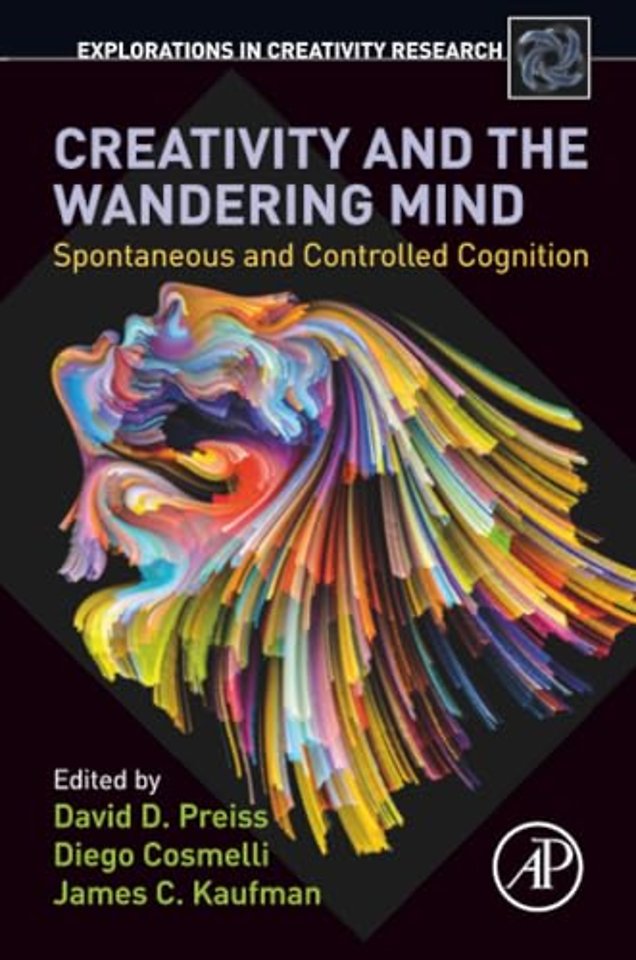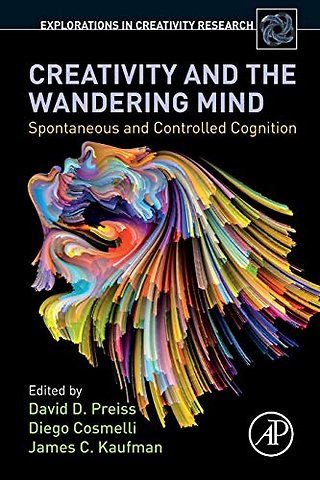<p>Section I Spontaneous and controlled processes in creativity</p> <p>1. Mind wandering: framework of a lexicon and musings on creativity <br>Paul Joseph Barnett and James C. Kaufman</p> <p>2. Autonomy and control across cognition: insights from creativity, memory, mind wandering, and reasoning research<br>Nathaniel Barr, Roger Beaty and Paul Seli</p> <p>3. Capturing the dynamics of creative daydreaming <br>Claire M. Zedelius and Jonathan W. Schooler </p> <p>4. The relationships between abstraction and creativity <br>Massimiliano Palmiero </p> <p>Section II Mind wandering, consciousness, and imagination </p> <p>5. Imagination and mind wandering: two sides of the same coin? A brain dynamics perspective <br>Mario Villena-Gonza´lez and Diego Cosmelli </p> <p>6. Altered states of consciousness and creativity <br>Luisa Prochazkova and Bernhard Hommel </p> <p>7. Creating the “stuff of experience: spontaneous thoughts, memory, and hypnosis in clinical and forensic contexts<br>Steven Jay Lynn, Craig Polizzi, Vladimir Miskovic and Damla Aksen </p> <p>Section II Imagination, play, and learning</p> <p>8. Relations between imagination and creativity <br>Jacqueline D. Woolley, Louise Bunce and Elizabeth A. Boerger </p> <p>9. Pretend play in young children and the emergence of creativity <br>David Whitebread and Lisha O’Sullivan </p> <p>10. Mind wandering, fantasy, and pretend play: a natural combination<br>Sandra W. Russ</p> <p>11. Exploring the connection between imagination and creativity in academic learning <br>Ronald A. Beghetto and Kathy L. Schuh</p> <p>12. Productive mind wandering in design practice <br>Charles Dobson and Kalina Christoff</p> <p>13. Poetry, meaning making, and mind wandering <br>David D. Preiss </p> <p>Section V Conclusion </p> <p>14. Fragments from a notebook on novelty and constraint <br>Patrick Colm Hogan</p>

